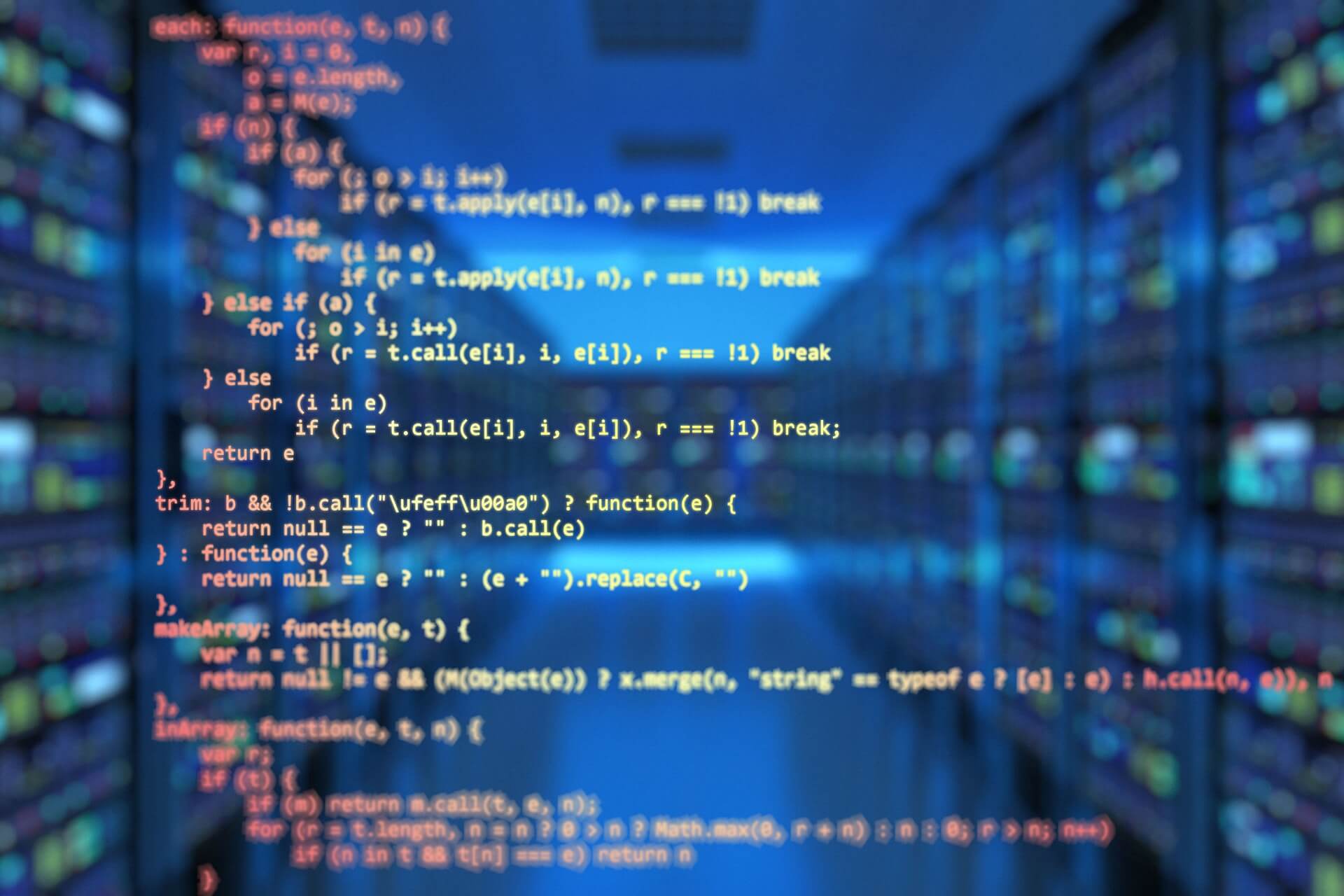1. Programming
HND in Cyber Security

About 1. Programming
Programming involves describing processes and procedures that are derived from algorithms. The ability to program is what sets apart a developer and an end user. Typically, the role of the developer is to instruct a device (such as a computer) to carry out instructions; the instructions are known as source code and are written in a language that is converted into something the device can understand. The device executes the instructions it is given.
This unit introduces students to the core concepts of programming along with an introduction to algorithms and the characteristics of programming paradigms. Among the topics included in this unit are: introduction to algorithms, procedural, object orientated and event-driven programming, security considerations, the integrated development environment and the debugging process. On successful completion of this unit, students will be able to design and implement algorithms in a chosen language in a suitable Integrated Development Environment (IDE). This IDE will be used to develop and help track any issues with the code. As a result, students will develop skills such as communication literacy, critical thinking, analysis, reasoning and interpretation, which are crucial for gaining employment and developing academic competence.
Program Learning outcome:
By the end of this unit students will be able to:
LO1 Define basic algorithms to carry out an operation and outline the process of programming an application
LO2 Explain the characteristics of procedural, object-orientated and event-driven programming
LO3 Implement basic algorithms in code using an IDE
LO4 Determine the debugging process and explain the importance of a coding standard.

TextBook Name:
Hunt, A. et al. (2000) The Pragmatic Programmer: From Journeyman to Master. 1st edn. Addison-Wesley.